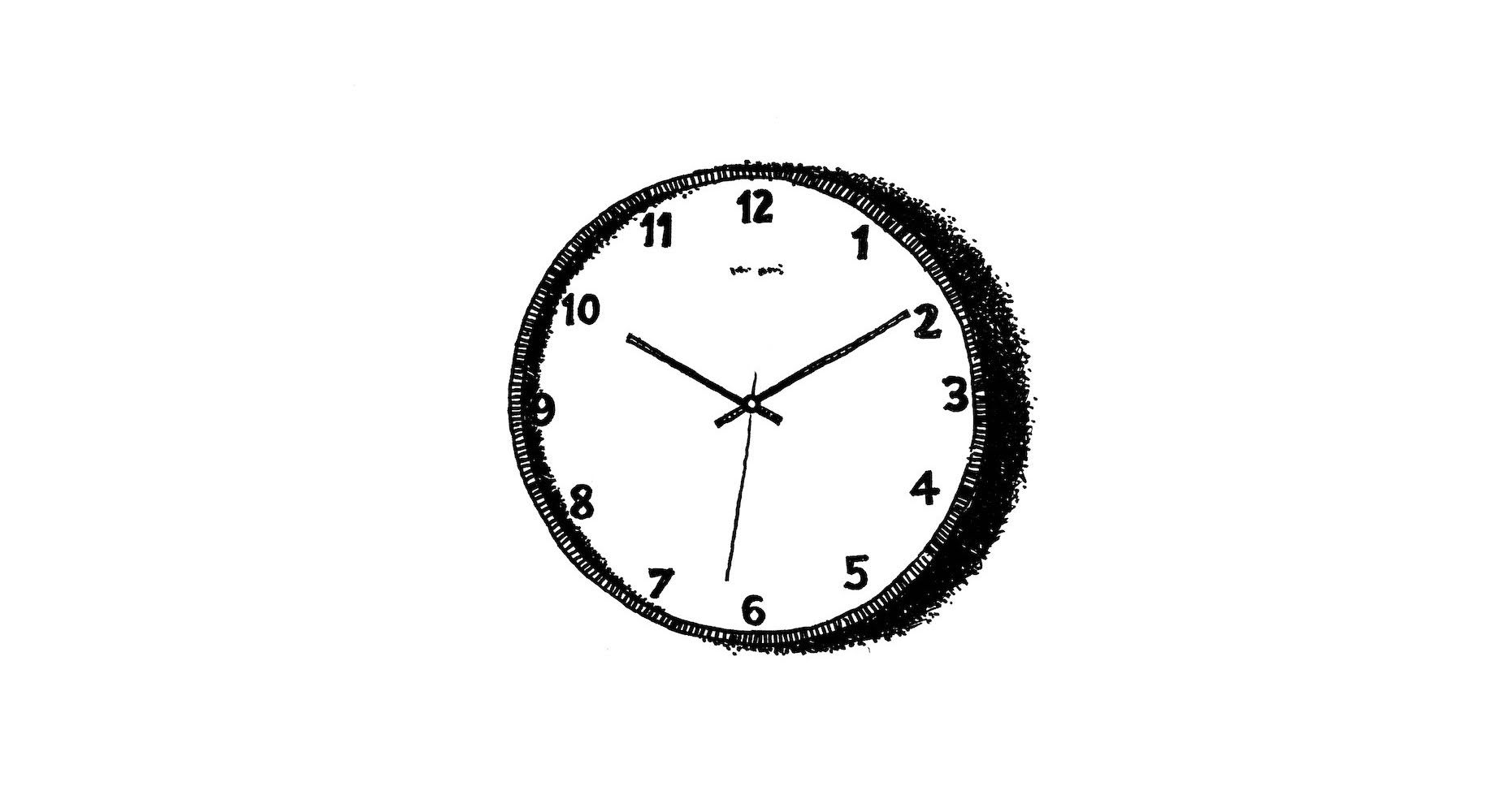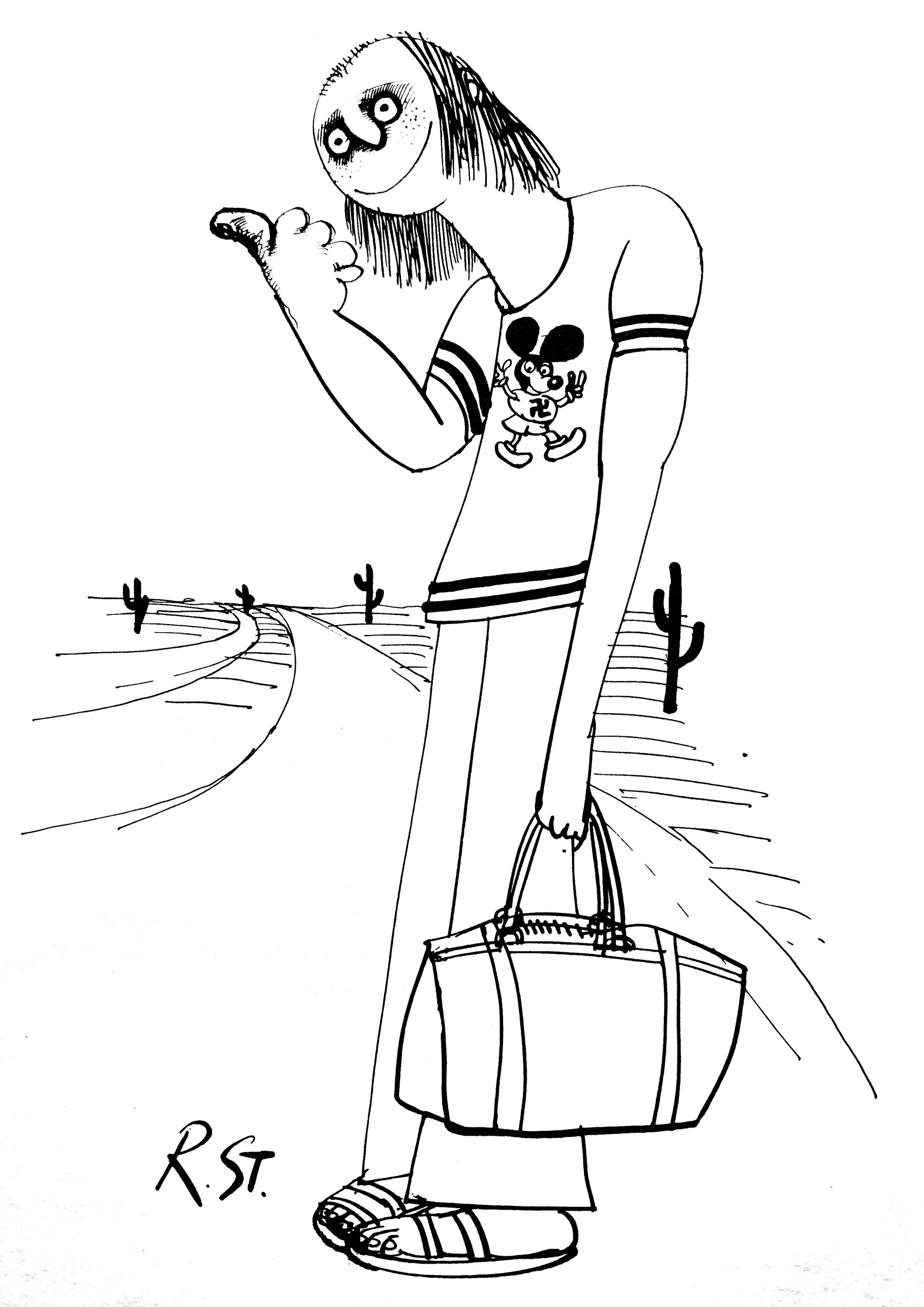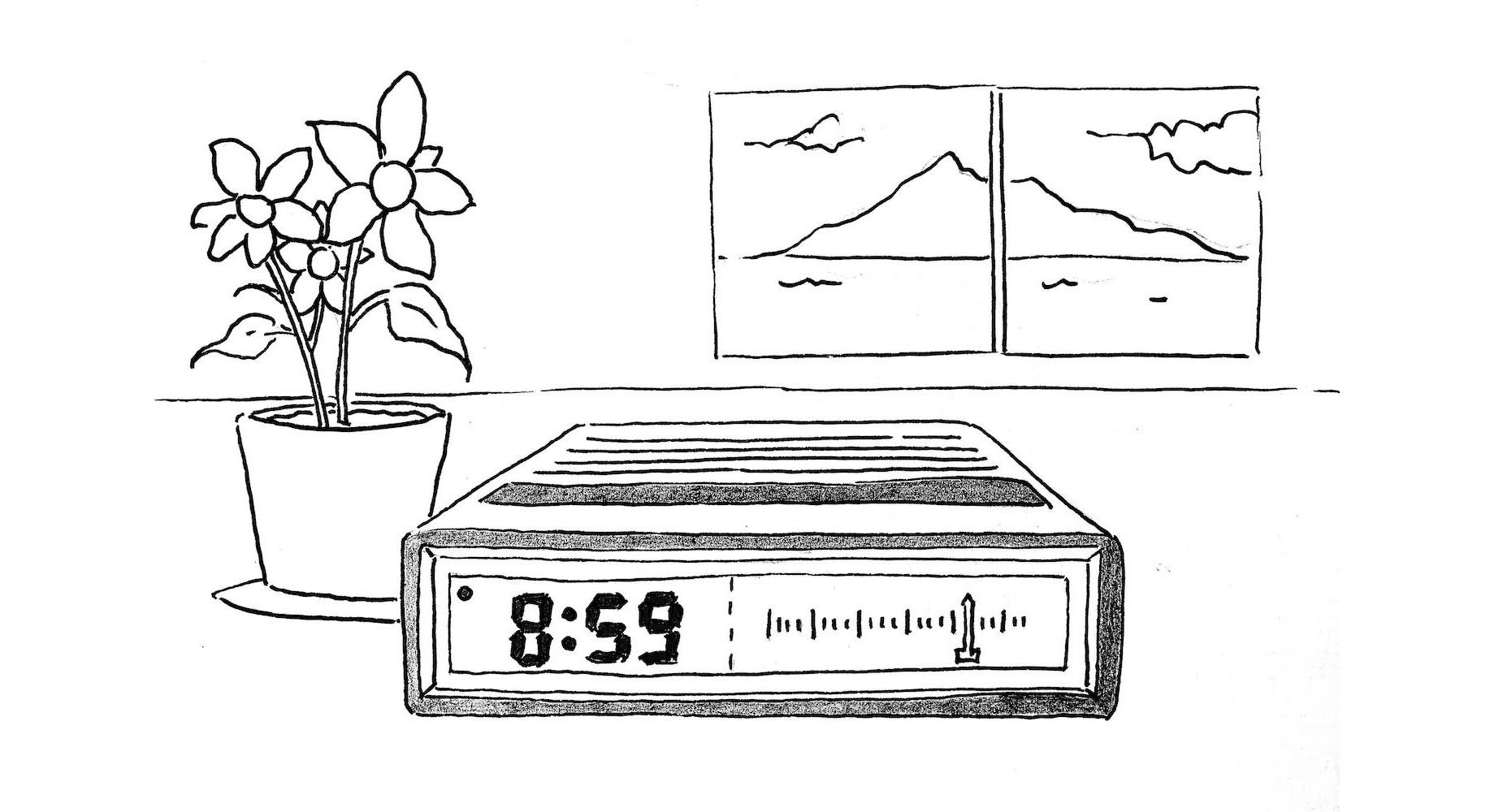#23 🏃 Your urgency is not necessarily my urgency ⏰

Phrase of the week: Tick tick tick ⏰
I found the quote “Your urgency is not necessarily my urgency” in an old diary list of things I wanted to keep in mind at work. It was to remind myself that although it’s important to be empathetic to the needs of others, just because someone else is in a mad rush, that doesn’t have to mean you suddenly need to be too. It’s easy to fall into this trap in the modern working environment, where realtime chat is the main communication currency, which can drive this subtle, ubiquitous assumption that no one should have to wait for anything. Working this way essentially requires that you concede all of your own priorities – because you’ll just end up attending to what other people demand is most important (to them) in that minute, that hour, that day.
I thought of this quote after receiving a promotional email for an online bookstore which included “Tick tick tick ⏰” in the subject line. I’ve seen the line “tick tick tick” used by insurance companies, banks, and online stores. They want me to feel the urgency of a ticking clock, but I already have such a strong aversion to this notion – that someone I don’t know is pressing me to take on a deadline that I didn’t ask to be involved in. These senders want me to buy something, but the only action this approach provokes (for me) is a swift delete without reading.
This Harvard Business Review article on motivation suggests that tactics like this (along the line of punishments, threats) won’t get what a business might want out of people. The author writes: “Fear and anxiety can cause us to withdraw and give up rather than take action and improve.” I don’t think it’s so much fear or anxiety for me – more that I find the tactic distasteful. A friend of mine, a marketing honours graduate, once noted: “I think you might be marketing-proof.”
This just in! Hitches. 👍

Work is one thing, hitchhiking is another. I used to hitchhike around New Zealand a great deal, and I also did a stint in Japan. I always told those close to me that it was safe. They worried. It wasn’t a blanket lie – most of the time this was true. But sometimes it wasn’t. When you’re riding shotgun with a random stranger, through unknown territory at over 100K an hour, often: their intensity is inevitably your intensity. If they want you to be the sounding board for their spiralling philosophies, or outlandish stories that you feel couldn’t possibly be true, you have little choice but to sit there and receive.
Hunter S. Thompson captures this intensity from the perspective of the driver in the book Fear and Loathing in Las Vegas, who is from the outset deranged on a panoply of drugs. The driver declares to a hitchhiker he’s picked up that “...this is a very ominous assignment – with overtones of extreme personal danger...”. The hitchhiker descends from having “a mask of pure fear and bewilderment” to being ready to “jump right out of the car and take his chances”.
The latest Without a hitch 👍 podcast relates my own experiences as that bewildered hitchhiker, careening around the New Zealand back country. Mostly my experiences were positive, but there were a few nervous rides, involving weapons, threats, and misaligned intentions. The one consolation I can offer (to those who may have worried, over the years) is that I am sitting here, alive, relating these accounts in the past tense.
👉 Listen to the Without a hitch 👍 podcast episode #6: Hitches
I still believe that a car with the gas needle on empty can run about fifty more miles if you have the right music very loud on the radio.
― Hunter S. Thompson
This just in! The real reason you’re always late. 📝

Few things in an average day feel as urgent and frantic as trying to get your kids out the door, on time, with all of their things, to get to school. The coordination of all of those minds, with their tendency to wander off on their own dreamy tangents, is not insignificant.
👉 Things kids announce just as you’re rushing out the door for school at 8:59am
Comments ()